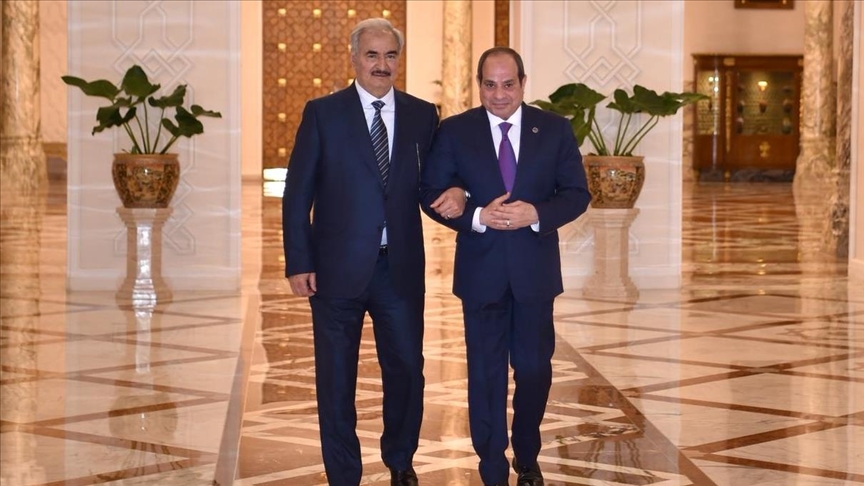
South Africans have praised President Cyril Ramaphosa for remaining calm in the face of U.S. President Donald Trump’s accusations of a white genocide in South Africa. However, some questioned the necessity of his trip to Washington.
Ramaphosa had hoped his visit to the White House would help repair deteriorating relations with the U.S., but Trump instead spent much of the meeting confronting the South African leader with unfounded claims that white South African farmers were being systematically murdered and having their land seized. Despite South Africa’s high murder rate, the majority of victims are Black.
Rebecca Davis, a columnist for the Daily Maverick, commented that Ramaphosa “didn’t get Zelenskyed,” a reference to the heated exchange between U.S. officials and Ukrainian President Volodymyr Zelensky in February, where the latter faced sharp criticism. “He kept his composure, and that’s what we need to focus on,” Davis wrote.
However, some South Africans were left questioning the value of Ramaphosa’s engagement with Trump. Sobelo Motha, a Johannesburg shopkeeper’s union member, stated, “We know there’s no white genocide. So for me, it was a pointless exercise.”
Ramaphosa had prepared for a difficult encounter, bringing along well-known white South African golfers and aiming to discuss trade. But Trump quickly pivoted to concerns over the treatment of white South Africans, presenting videos and articles to support his allegations.
Foreign ministry spokesperson Chrispin Phiri defended Ramaphosa’s approach, saying the president’s calm demeanor was typical of his leadership style. “It’s not in Ramaphosa’s nature to be combative,” Phiri said. “He addresses issues matter-of-factly, and that’s what we expect from our president.”
Many South Africans were bewildered that Trump would believe easily debunked far-right social media claims about ethnic cleansing. In 2024, police recorded 26,232 murders in South Africa, with only 44 related to farming communities, and just eight victims were farmers.




